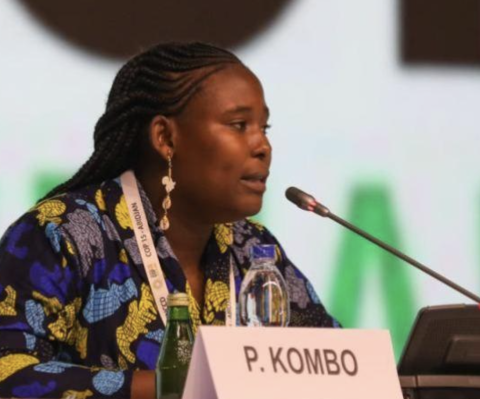Addressing plastic crisis in Africa goes beyond mere waste management

Plastic pollution is visible and well documented, but we often overlook the invisible chemicals in plastics that are hazardous to people and the environment. Studies show that chemicals from plastics are linked to serious health problems (for more on health threats to Africa from plastics see the IPEN video at http://bit.ly/AfricaPlastic)
In this regard, the African Ministerial Conference on the Environment (AMCEN) in Dakar, Senegal mid this month, provided an opportunity for ministers and delegates to strengthen their commitment in line with the outcomes of the United Nations Environment Assembly (UNEA-5.2) on the development of an international, legally binding instrument on plastic pollution.
In the struggle to manage the ever-increasing plastic waste, some African governments are turning into dumping, open burning and incineration of waste. This makes it even worse because burning fossil fuel-based plastics produces even deadlier chemicals, magnifying the health threat and exacerbating climate change.
Africa needs to ensure end-of-life treatment of plastics waste does not release toxic chemicals, litter, or contribute to climate change. In the meantime, greater transparency on toxic chemical additives used in plastics is needed along with data on the quantities of plastics made, traded, and disposed of.
Banning the use of toxic chemical additives in plastics and scaling down all other production and phase out all non-circular plastics is what is needed to deliver Africa from the global plastic-health crisis.
Read the full op-ed in The Standard.
